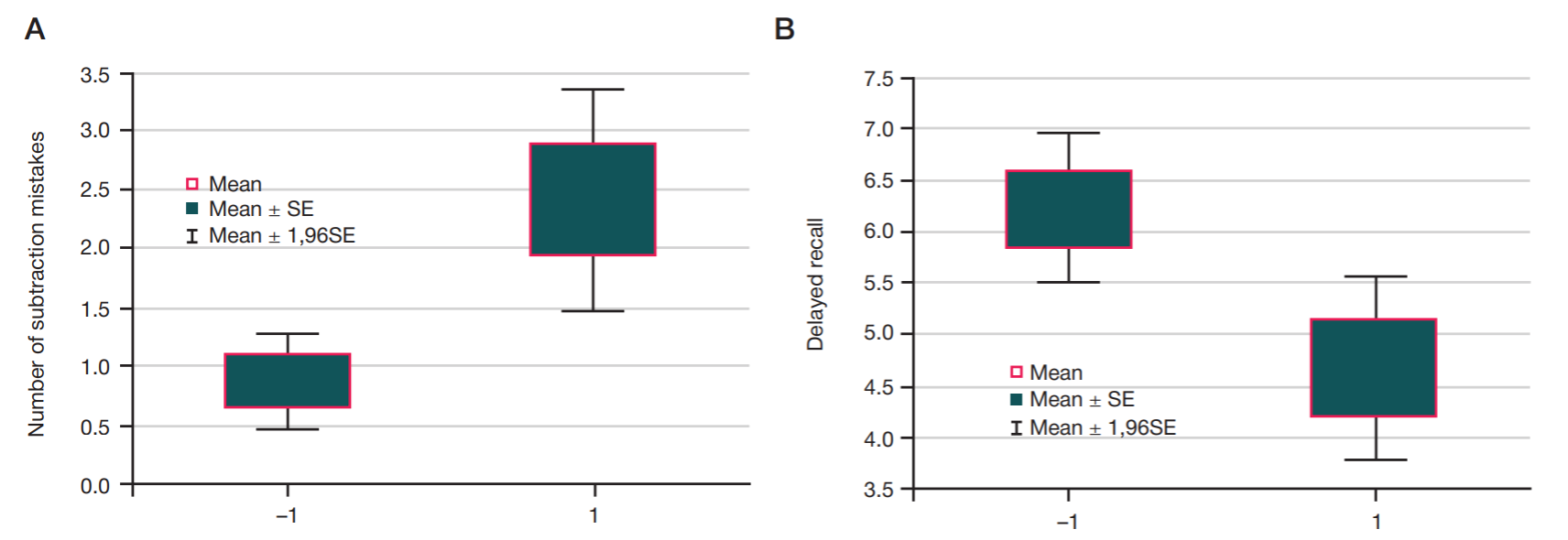
This article is an open access article distributed under the terms and conditions of the Creative Commons Attribution license (CC BY).
ORIGINAL RESEARCH
Interleukin dynamics during cognitive stress in patients with chronic cerebral ischemia
Research Center of Neurology, Moscow, Russia
Correspondence should be addressed: Vitaly F. Fokin
Volokolamskoe shosse, 80, Moscow, 125367; ur.liam@fvf
Author contribution: Fokin VF performed data analysis and wrote the manuscript; Shabalina AA performed biochemical analysis of cytokines and participated in writing the manuscript; Ponomareva NV collected and analyzed psychometric data, participated in writing the manuscript; Medvedev RB performed clinical examinations, analyzed the literature and proposed the study design; Lagoda OV analyzed clinical data and proposed the study design; Tanashyan MM proposed the study design, summarized clinical data in the context of the obtained results.
Compliance with ethical standards: the study was approved by the Ethics Committee of the Research Center of Neurology (Protocol No. 11/14 dated November 19, 2014); all study participants signed informed consent to participate.






